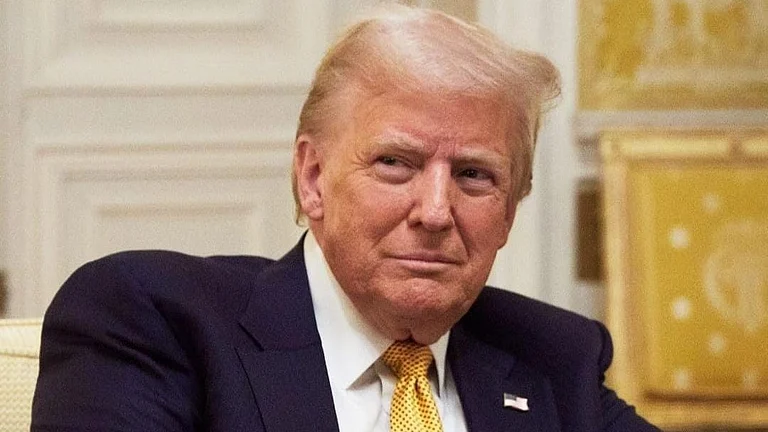Pakistan will allocate 2,000 megawatts (MW) of electricity in the first phase of a national initiative to power Bitcoin mining operations and AI data centres, the country's finance ministry announced on Sunday. The move is part of Islamabad's strategy to make productive use of its surplus electricity while supporting technological advancement.
Reuters reported that the allocation is part of Islamabad's broader plans to use its surplus electricity for bitcoin mining and AI data centres. The project is spearheaded by the Pakistan Crypto Council (PCC), a government-backed body tasked with facilitating growth in blockchain and emerging technologies.
Pakistan's energy sector has long suffered structural issues such as excessive electricity pricing and excess generation capacity. Consumers' growing adoption of solar energy, influenced by rising power costs, has altered demand patterns and affected the utilisation of the national grid.
The PCC has plans for the surplus power to support industries capitalising large amounts of energy resources, like, cryptocurrency mining, and artificial intelligence. The finance ministry said the initiative will create high-tech jobs, attract foreign direct investment, and generate additional government revenue.
The allocation of 2,000 MW is the initial phase of a multi-stage digital infrastructure plan, indicating Pakistan's efforts to expand its role in the global digital economy.
Apart from that, the Pakistan Crypto Council (PCC) was founded earlier this year to oversee the growth and regulation of Pakistan's cryptocurrency and blockchain sectors. Its responsibility is to develop regulatory frameworks, drive blockchain adoption and facilitate collaboration. The PCC has appointed Changpeng Zhao (CZ) of Binance as an advisor.
Also, the Pakistan Crypto Council (PCC) and US-based cryptocurrency business World Liberty Financial (WLF) have inked a Letter of Intent to collaborate on blockchain and digital financial initiatives in Pakistan. The partnership highlights international interest in Pakistan's digital asset industry by examining stablecoin applications in trade and remittances as well as regulatory sandboxes.














